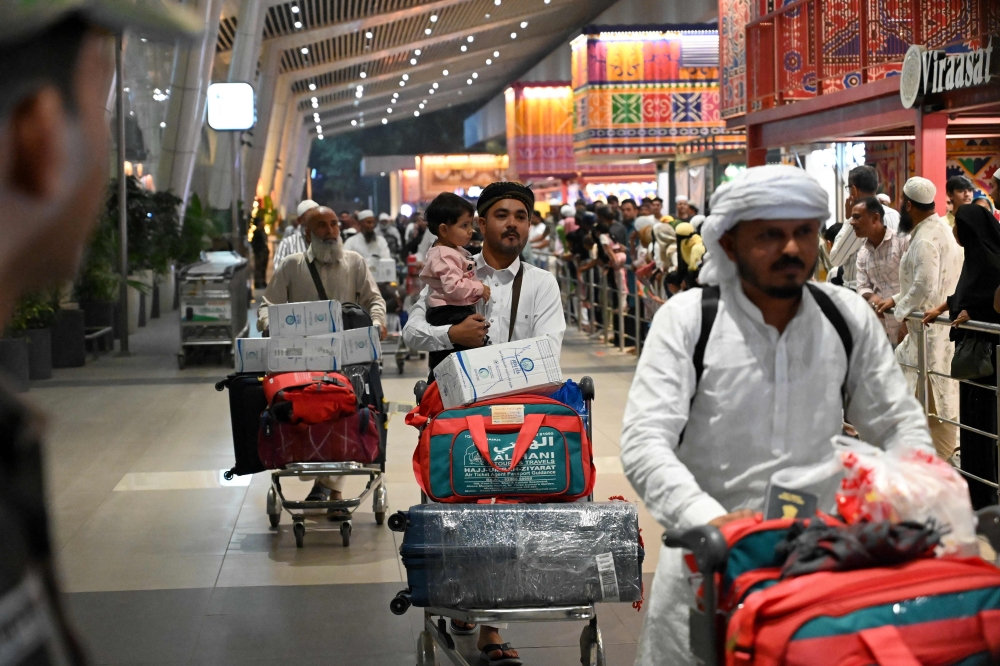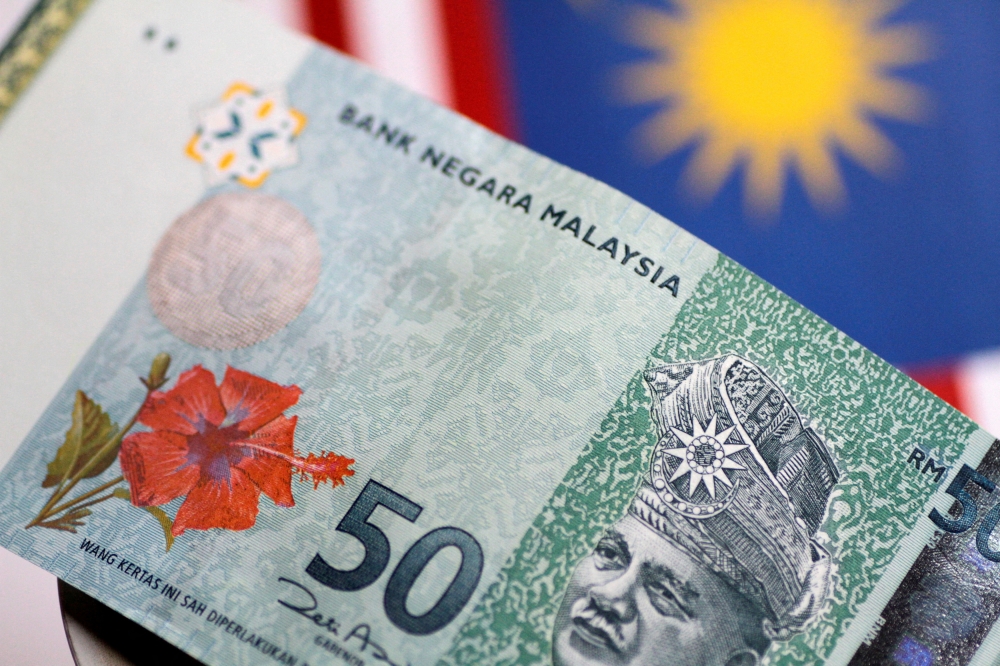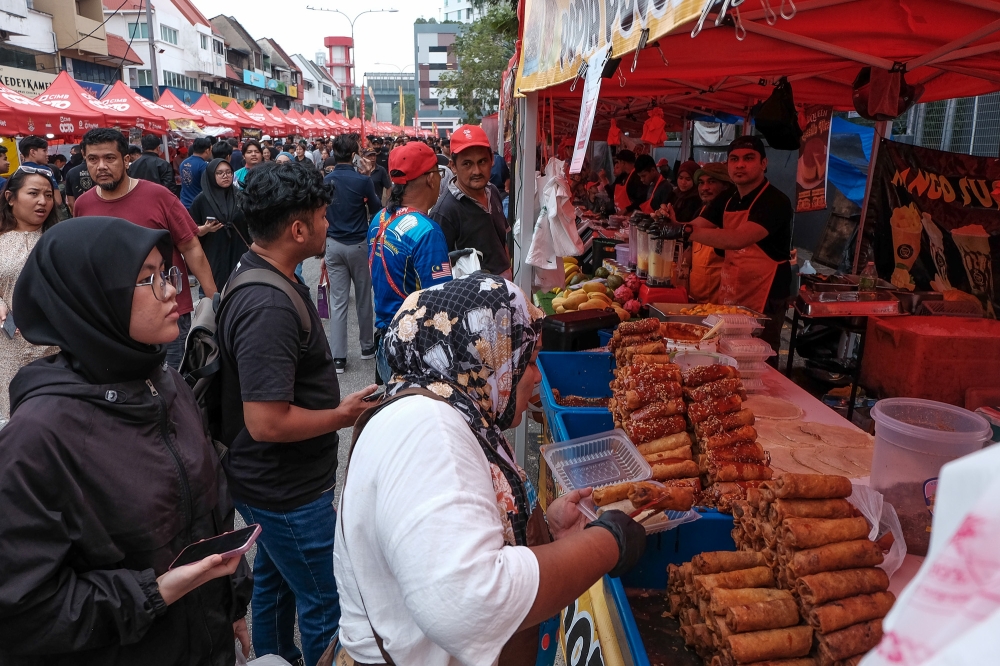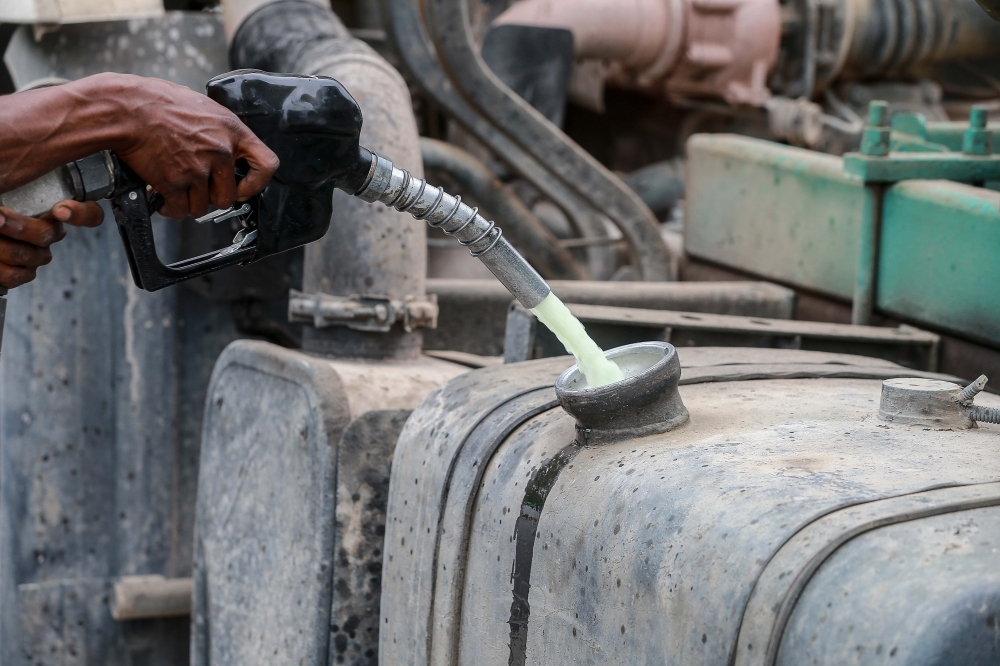KUALA LUMPUR, Oct 30 — Asean member states must take bold and effective measures to bolster their economies to cushion the impact of the ongoing trade war between the United States (US) and China which has yet to show any sign of resolution.
Calvin Cheng, a researcher in economics at the Institute of Strategic and International Studies (ISIS) Malaysia said at this juncture, Asean must look for ways to enhance trade cooperation among its member states.
To this end, he proposed the completion and even potentially broadening the Comprehensive and Progressive Agreement for Trans-Pacific Partnership (CPTPP) and to push for the finalisation of the negotiations for the Regional Comprehensive Economic Partnership (RCEP).
Cheng added that member states should also work to increase the intra-Asean trade and integration through strengthening and deepening the Asean Economic Community.
“Regionally, the best response for Asean member countries (to cushion the impact) would be to broaden and deepen regional integration with non-US regions and to uphold openness whilst addressing any potential downsides from more open trade,” he told Bernama.
He said this in response to Prime Minister Tun Dr Mahathir Mohamad’s suggestion that to overcome the hurdles was to build capacity and develop competitiveness, particularly among Asean neighbours to cushion the impact of the collision of the superpowers.
CPTPP, which replaces the now-defunct TPP, was signed by all 11 Pacific Rim nations, namely Australia, Brunei, Canada, Chile, Japan, Malaysia, Mexico, New Zealand, Peru, Singapore and Vietnam on March 8, 2018 in Santiago, Chile.
To date, all but four of the 11 countries, namely Brunei, Chile, Malaysia and Peru had yet to ratify the agreement.
The TPP, which was supposed to be the world’s largest trade pact with a combined gross domestic product (GDP) of US$28 trillion (US$1=RM4.18) fell apart after its 12th member — the US — withdrew from the agreement in January 2017.
Meanwhile, the RCEP is a proposed free trade agreement (FTA) between Asean member states and its six FTA partners (Australia, China, India, Japan, New Zealand, and South Korea) that aims to standardise tariff across the region and to improve market access for service and investment.
In 2017, prospective RCEP member states accounted for a population of 3.4 billion people or almost half of the world population, with a total GDP of US$49.5 trillion or about one-third of the world GDP.
Negotiating parties of the RCEP had hoped for the agreement to be concluded at the 35th Asean Summit in Bangkok in early November.
Domestically, Cheng said the trade war was an opportunity for Asean member states to accelerate their respective domestic reforms and to gradually upgrade their production and technological capabilities.
“This would entail accelerating domestic policies to drive industrial upgrading and human capital development and foster indigenous innovation — and I think Malaysia is already trying to take steps in this regard,” he said.
He added that such a strategy was also crucial to attract foreign direct investment, especially investment diversion from firms looking to diversify their product base following the trade tensions.
Dr Mahathir had also urged Asean member states to make a special effort to boost intra-Asean trade as this was still very small at 25 per cent of total trade, compared to other groupings like the European Union and North American Union where the trade recorded was at between 40 per cent and 50 per cent. — Bernama

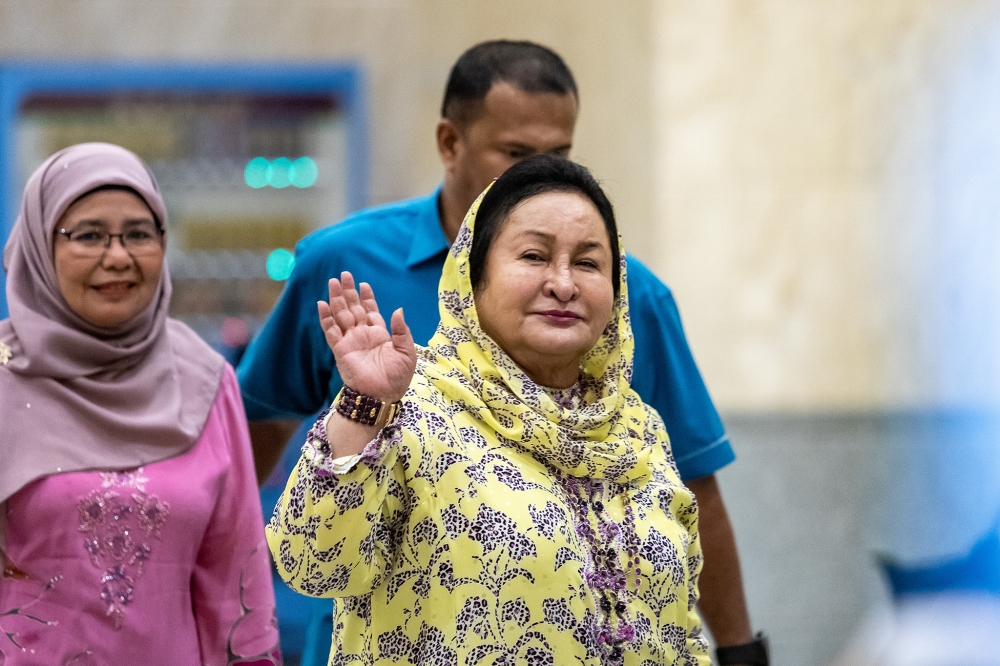
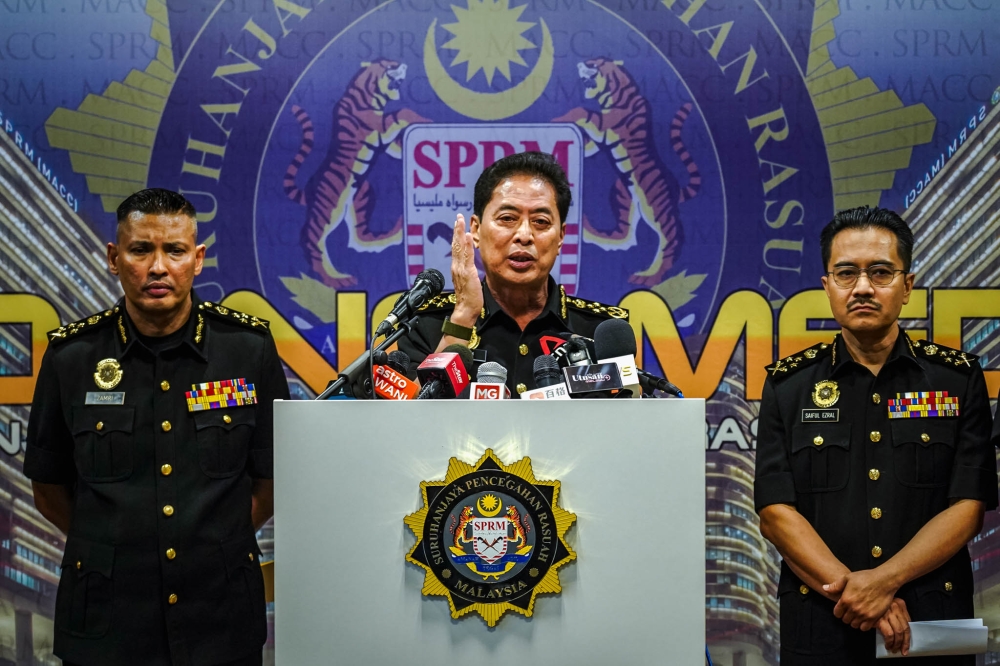

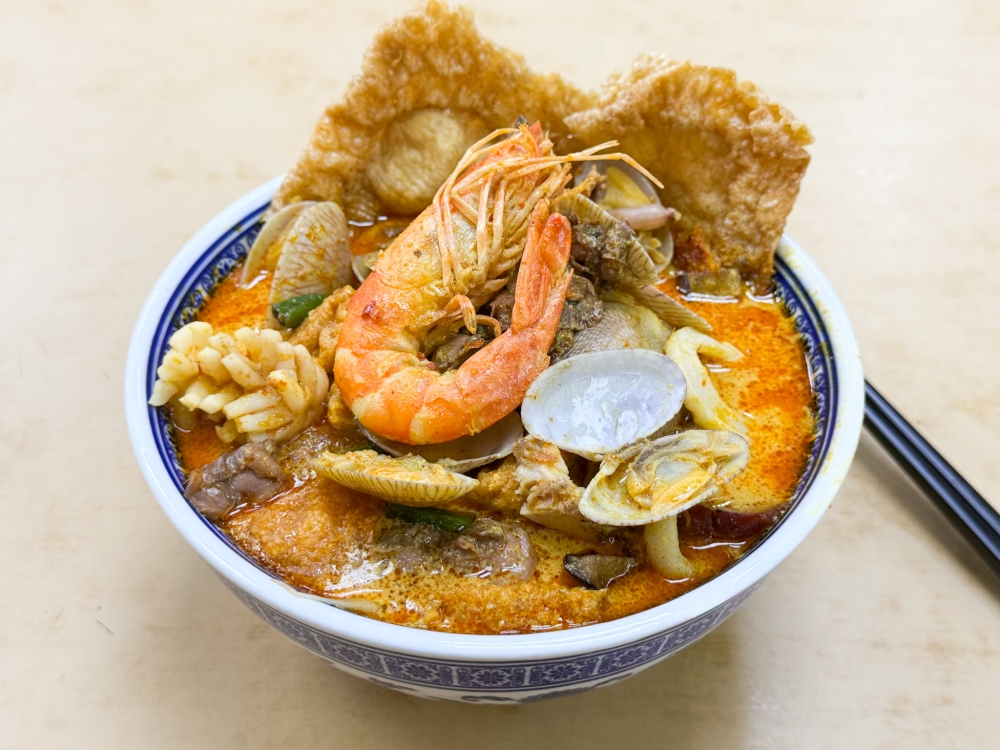
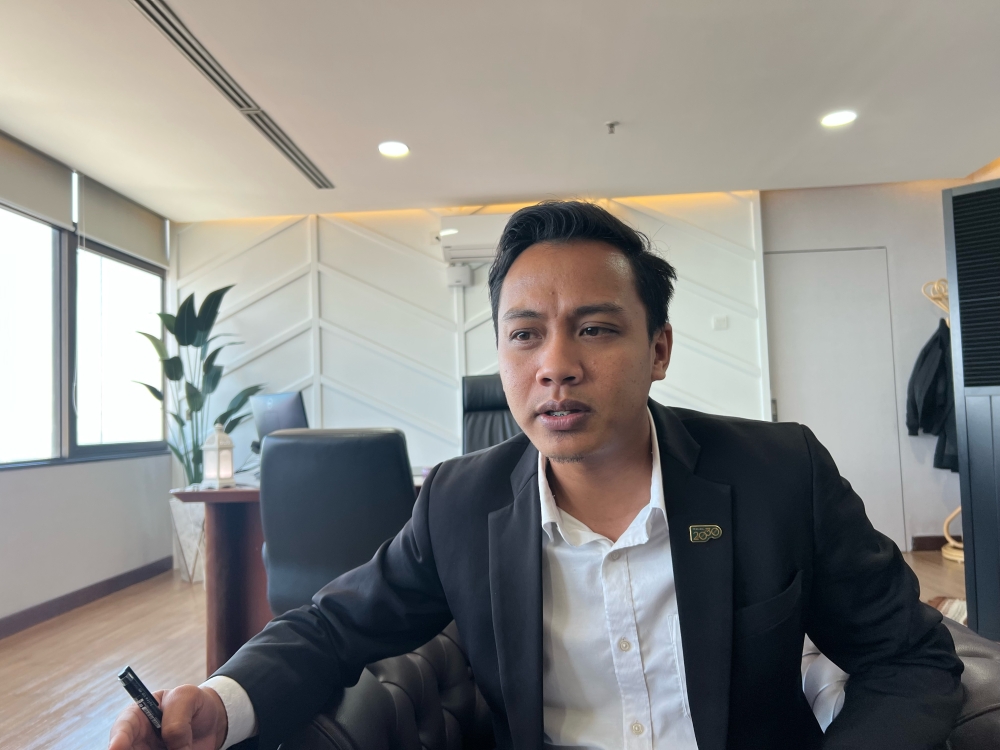

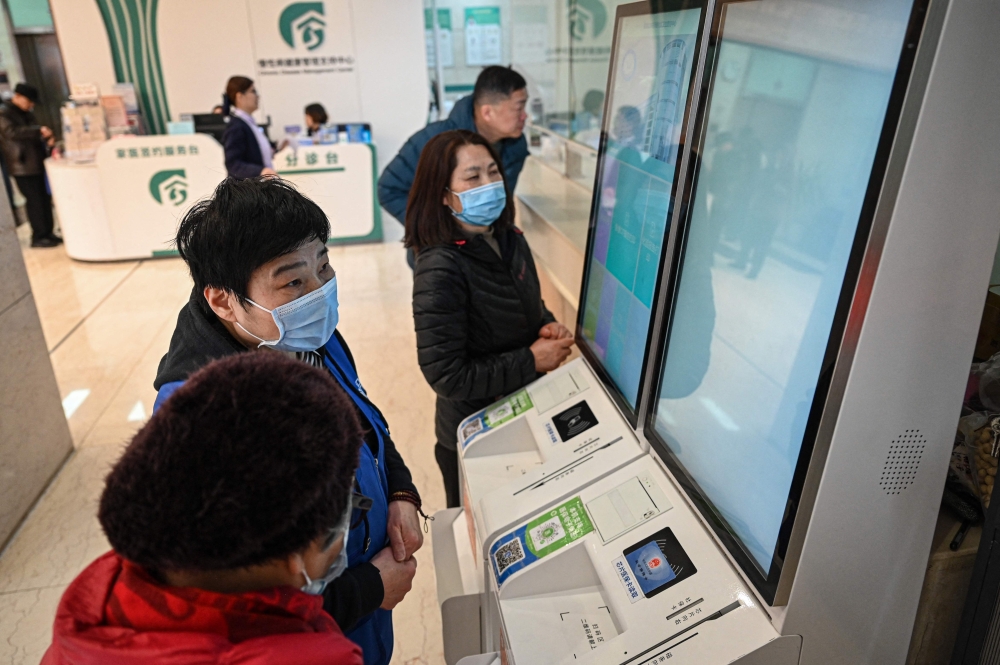
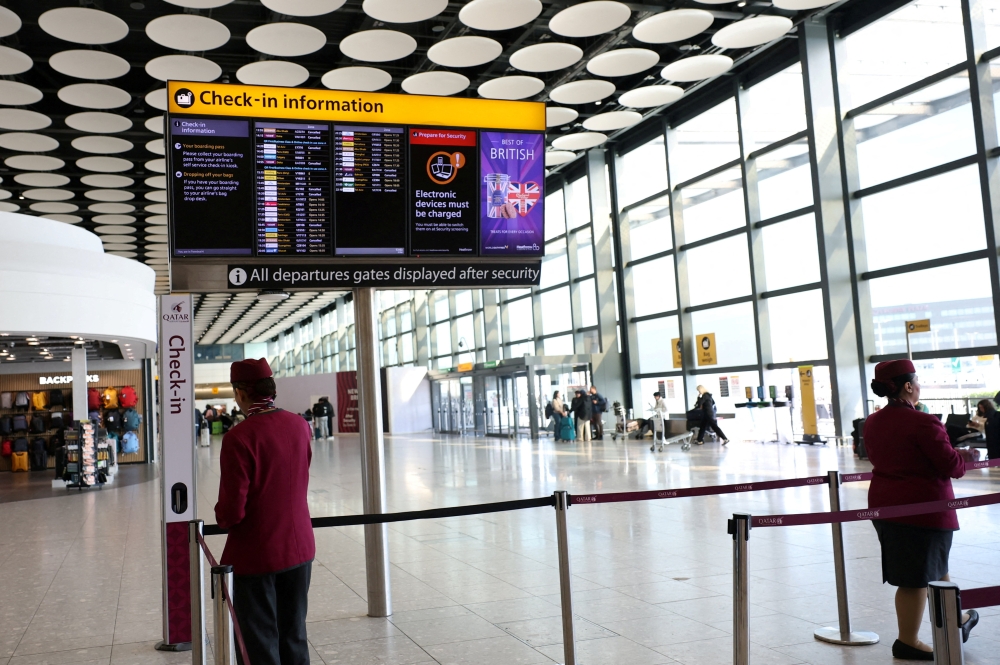
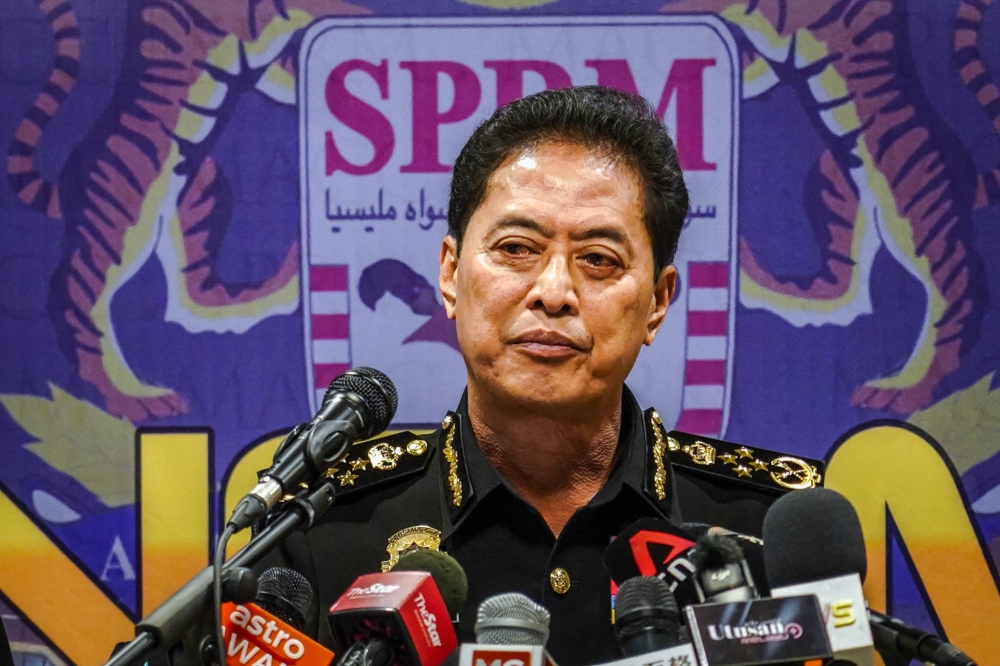

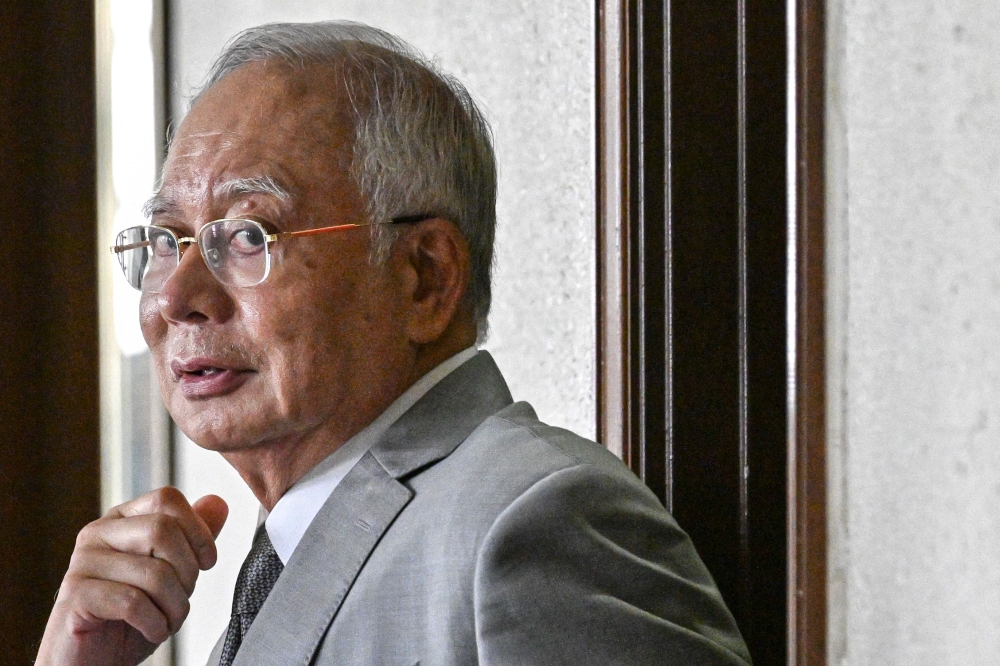
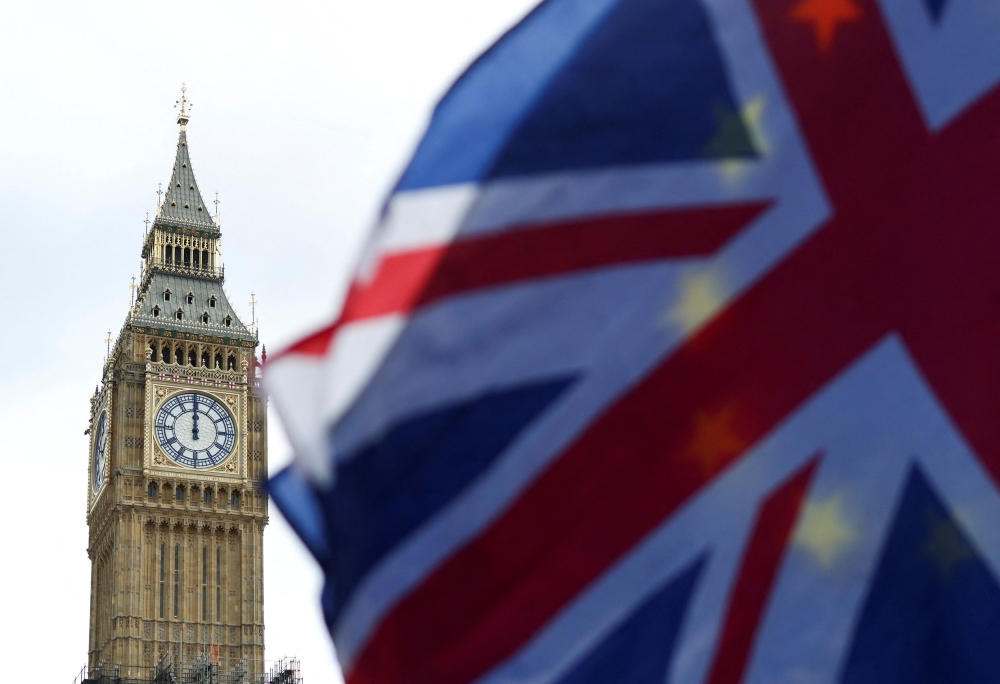
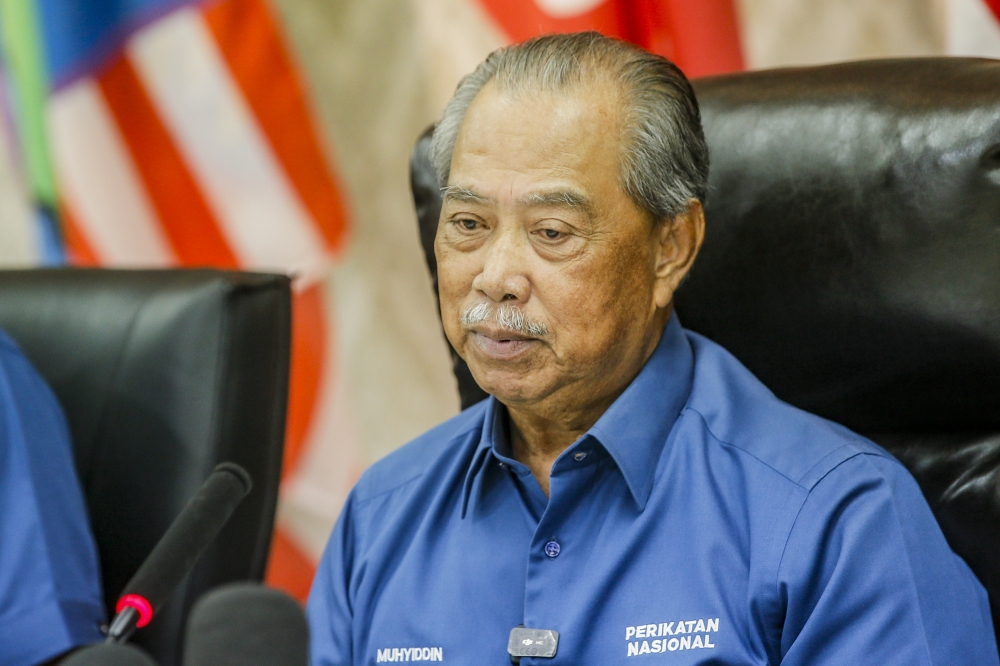
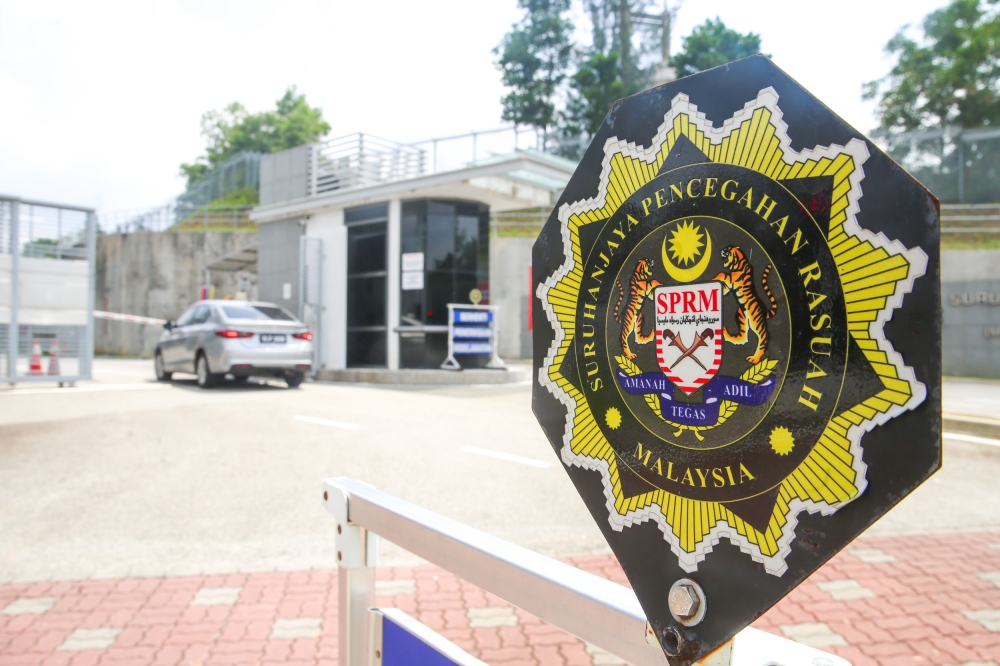

.jpg)
